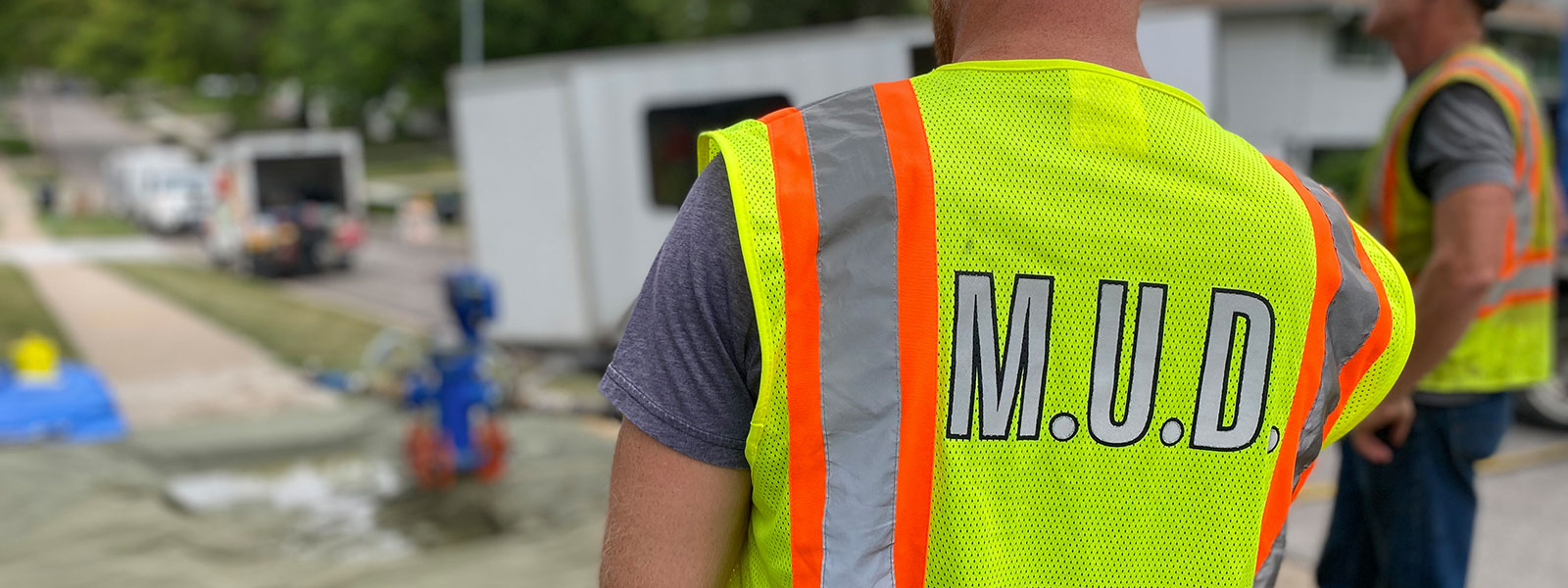S&P Global Ratings Upgrades Credit Rating of Metropolitan Utilities District
S&P Global Ratings has upgraded its credit rating on the Metropolitan Utilities District’s water revenue bonds to ‘AA+’ with a stable outlook, marking the fourth upgrade in the last decade. M.U.D. was previously rated ‘AA’ by the rating agency. According to the S&P report, the rating reflects the system’s affordable rates and comprehensive long-term planning...
READ MORE
M.U.D. Updates
Uncategorized
Water







